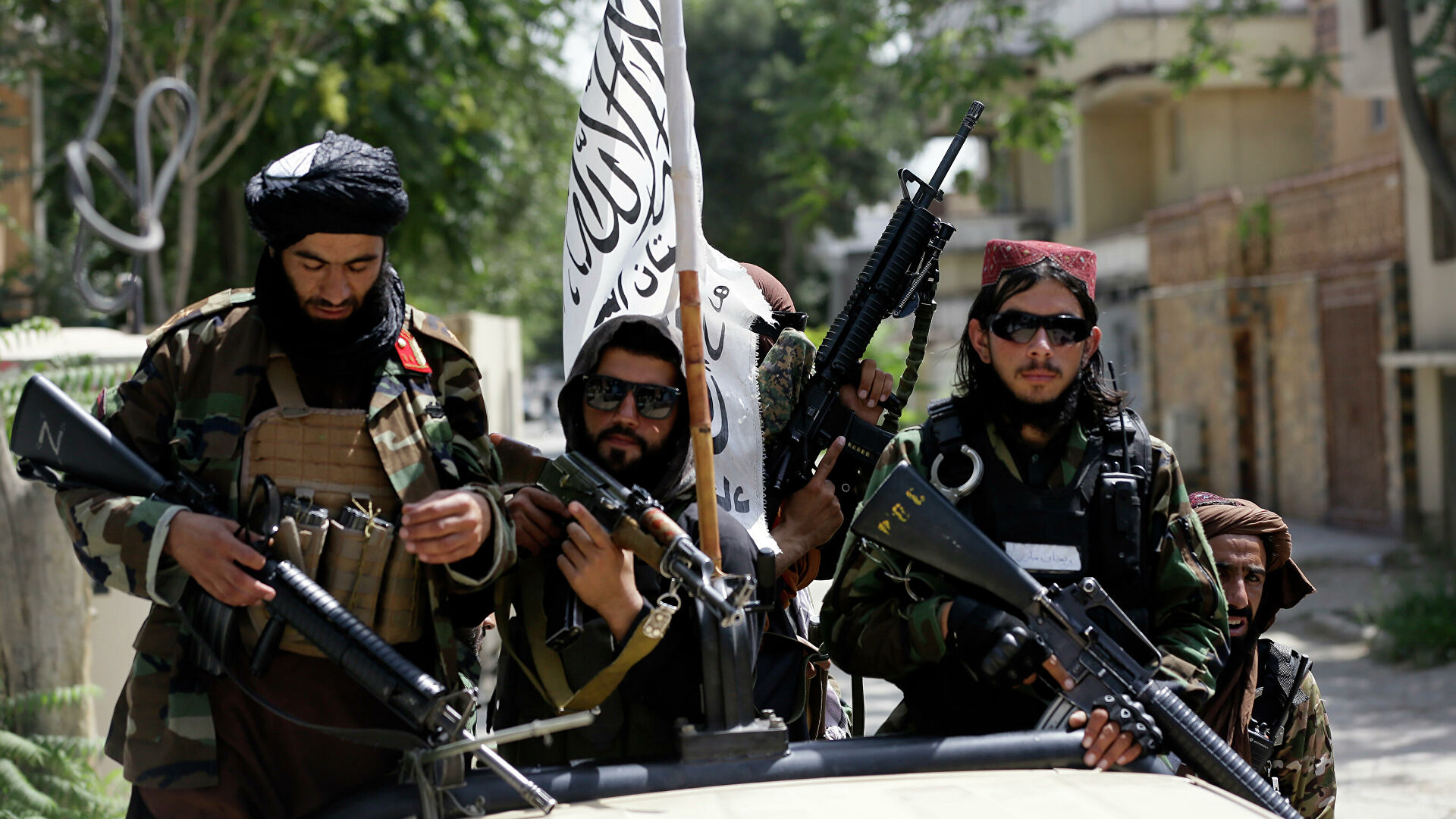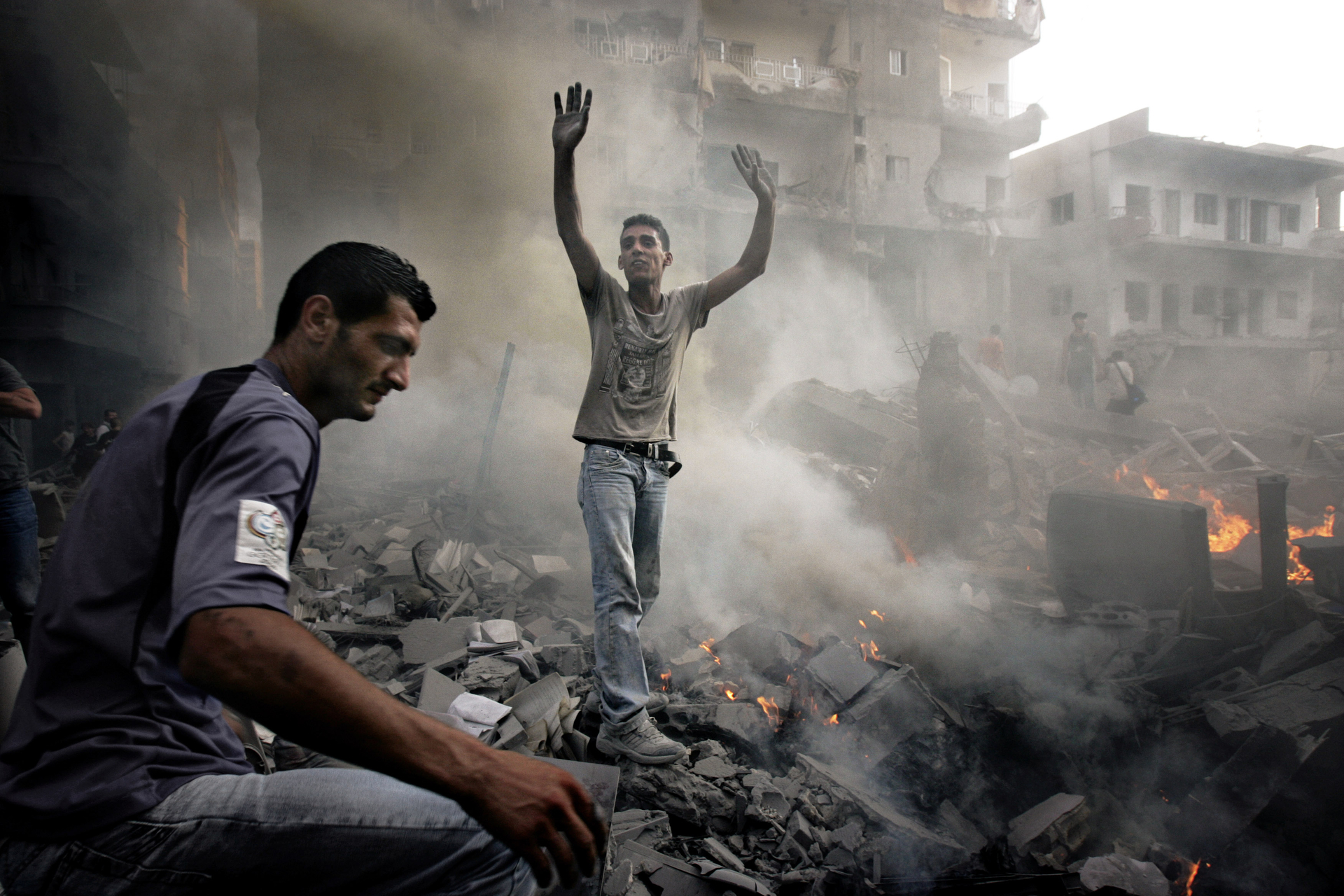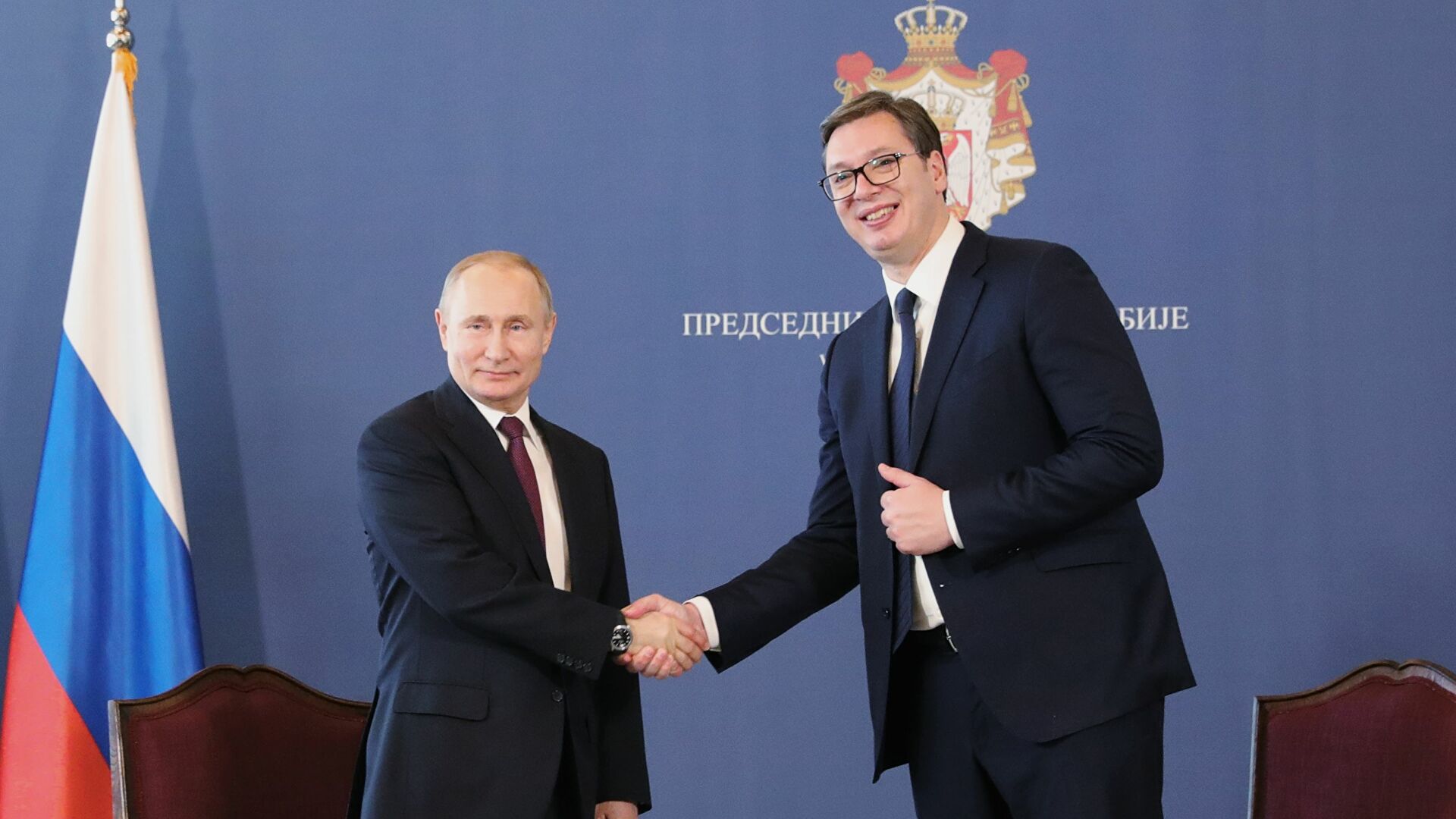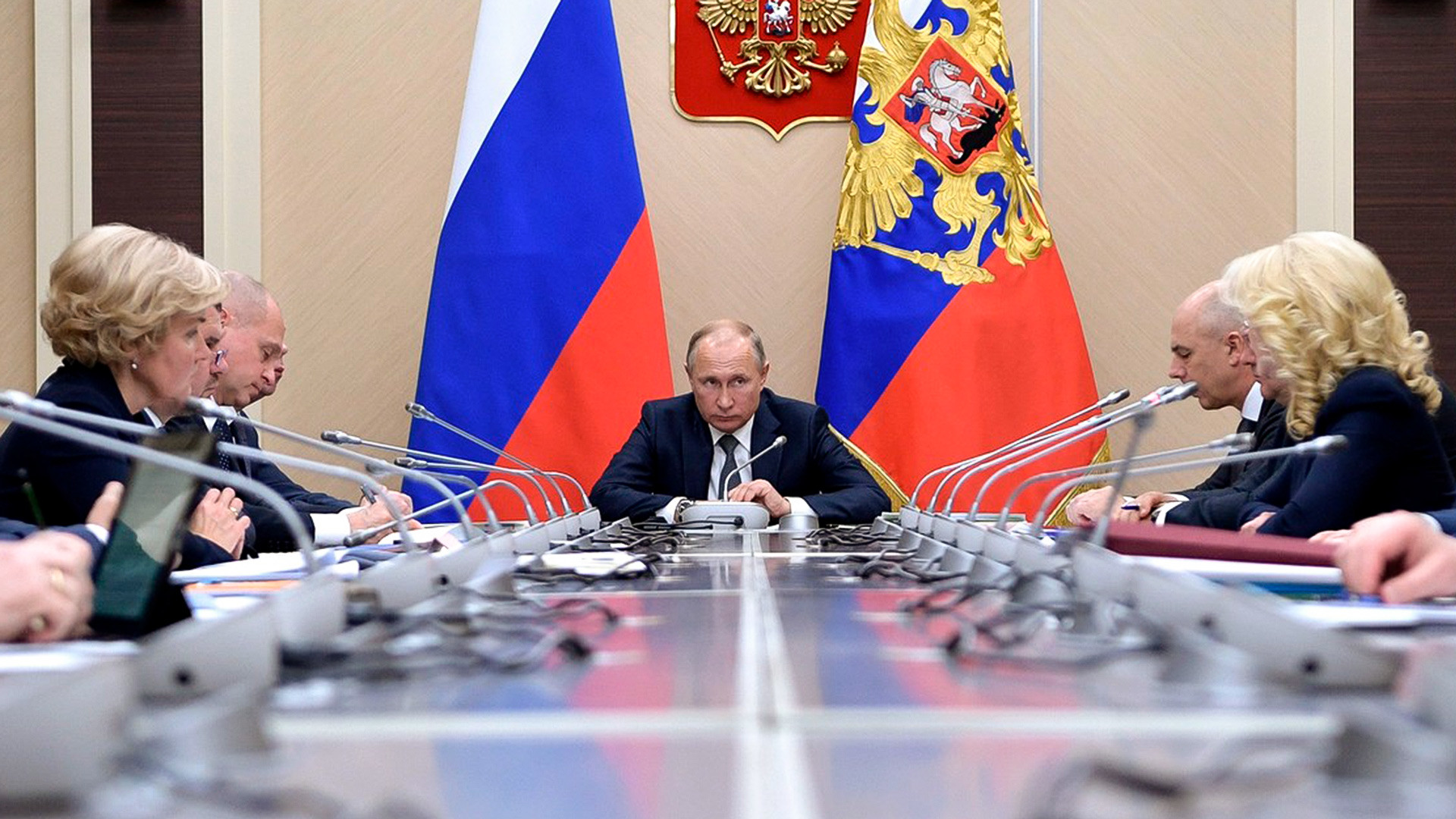On July 12, 2006 world witnessed a chain of events ignited by Hezbollah with capturing two Israeli soldiers from the Lebanese-Israeli border. The event caused casualties from both sides. The situation grew serious with action being described as casus belli by Israeli Government and initiating the 2006 Lebanon War. From the beginning of the battle, increasing American support to Israel on the one hand, and Syria & Iran’s support on Hezbollah, on the other hand, were highlighted. During such turmoil, Lebanese Prime Minister Fuad Siniora’s statement was revealing the internal fractions of the country. He indicated that Hezbollah attacked Israel without the approval of the Lebanese Government, while another striking reaction came from Saudi Arabia, based on supporting the Lebanese Government’s stance and condemning Hezbollah. What made the statement striking was openly denouncing a sub-state organization -Hezbollah- who initiated war against Israel. It was clearly showing that this Saudi Arabian maneuver disregarded the Arab-Israeli cause for the sake of weakening Hezbollah’s and Iran’s influence in the region.
At the end of the war, although both Israel and Hezbollah would argue that the winner of the war was themselves, the results of the war did not match with the mainstream definition of triumph. On behalf of the Israeli side, expansion of UNIFIL in Lebanon could be regarded as an important achievement, whereas for the rest of the critical topics UN Resolution 1701 was lack of success such as for the prisoner exchange and weapons of Hezbollah. Additionally, the failure of the Israeli goal based on alienating Hezbollah from Lebanese people by harming the infrastructure of the country and the resignation of the Israeli Chief of Staff aftermath of the war would eliminate the idea of Israel was the real winner. On the other hand, repercussions on Hezbollah and results would be more complicated as it will be mentioned below.
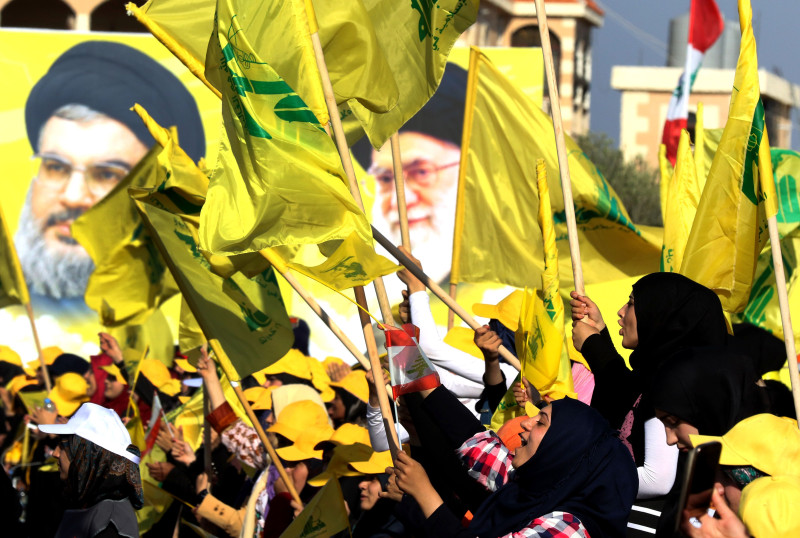

Putting aside complicated nature of the events, literature also named the war as the first war between Israel and Iran due to an organization which was built with Iranian efforts, armed with its weapons initiated this war against Israel. Although explaining the connection between Iran and Hezbollah solely basing on the sectarian issue is encountered, looking only from this perspective will be misleading. Strategically speaking, Lebanon provided Iran various opportunities. To illustrate, Lebanon’s geopolitical position enabled Iran to use it against Israel as buffer zone, while the country was also regarded as an opportunity to spread Iran’s revolutionary message and a chance to have success story of Islamic activity especially when Iran had hardships to improve its own society’s situation and find the cure for so-called problems of modern society.
Evaluating the events prior to the war, it is possible to argue that both domestically and regionally the atmosphere was in Iran’s favor. Domestically, after 2005 election, hard-line President Mahmoud Ahmadinejad came to power and with the increase in petroleum prices and ability of convincing the Iranian nation that acquiring nuclear power was necessity for national security, he was able to consolidate his power. From the regional dimension, tense relations and polarization emerged between the US-backed alliance of Sunni Arab states and an Iranian-Syrian-Hezbollah axis aftermath of invasion in Iraq (2003). This, articulated with intervention in Afghanistan (2001) all had further repercussions as creating power vacuum in the region. Adding to the equation, the withdrawal of Syria (2005) and Israel (2000) from Lebanon provided an extensive potential area for Iranian activity in Lebanon through Hezbollah.
The war from the beginning till the end raised eye browns. Likewise, the nature of the attack was different from previous prisoner exchange between Hezbollah and Israel. Since the withdrawal of Israel (2000) from Lebanon, Hezbollah’s existence came under question and as a result, to legitimize itself, Hezbollah developed an argument saying Israel’s withdrawal was not fully accomplished due to its presence in Shebaa farms. While previous attacks were realized within this area on the premises of this argument, in 2006 attacking Israeli soldiers from outside of this region raised new question marks. Literature has been widely divided into two on the question of Iranian involvement to the war. First group of scholars regarded Hezbollah as proxy of Syria and mostly Iran. According to them, Iran coordinated with Hezbollah from the beginning till the end of this war because the attack emerged when Iran was facing growing pressure over its nuclear program. According to the second group, it would be too simple to characterize Hezbollah as merely carrying out the orders of the boss. Because Hezbollah used Iran, as much as Iran used Hezbollah. They argued the first assumption disregarded the autonomy of the organization. According to them, Lebanon’s border issue was never separate from the Arab-Israeli cause. So, Hezbollah initiated this war to support Hamas who engaged in war in Gaza 2 weeks before Lebanon War. By doing this, the organization was trying to show its support for Palestinians and its solidarity with Arab cause. Whereas an alternative approach is also advocated as combining these two factors ‘domestic and international’ merging Hezbollah’s search for legitimacy -a successful prisoner exchange could work to consolidate it again- and a possibility of this action to be purposing to distract international attention from its regional ally’s -Iran- nuclear program. (Tür & Tınas, 2018)
At the end, whether or not the war was initiated by Iran, subsequent events affected the country from multiple dimensions. Some argued Hezbollah was heavily criticized in Lebanon after the war, accused with being pawn of Iran and causing destruction of facilities. Some others argued its bad reputations would be eroded after Hezbollah and Iran’s efforts to re-construct these facilities and this would strengthen Iran’s position in Lebanon. Simultaneously, in Iran, citizens started to express discontent with the money spent for the support of Hezbollah and for repairing Lebanon’s facilities. While these results are still debatable, what’s certain that, due to the revitalization of anti-Americanism in the region and uprisings’ emergence even in pro-American states, Jordan, Saudi Arabia and Egypt, helped Iran’s leverage power to increase. Last but not the least, also the emergence of new radical movements inspired by Hezbollah’s performance in the 2006 Lebanon War, fortified the importance of Iran who promoted itself as the academy of Islamic Revolution.
BIBLIOGRAPHY
Dukiewicz T. Kasperska K. (2014), “The Impact Of The Strategic Location of Lebanon On Its Position And Role In Shaping The Regional And Global Security “ https://www.unob.cz/eam/Documents/Archiv/EaM_2_2014/Dukiewicz_Kasperska.pdf
Hussain, N. (2007), “The Israel-Lebanon War and Its Implications for Regional Security. Policy Perspectives”, 4(1), 17-32. Retrieved January 20, 2021, from http://www.jstor.org/stable/42909160
Menashri D. (2007), “After the Lebanon War: Iranian Power and its Limitations.” https://www.inss.org.il/wp-content/uploads/2017/08/The-Second-Lebanon-War-151-162.pdf
Sharp J. M. (2006,07,15), “Lebanon: The Israel-Hamas-Hezbollah Conflict (CRS Report for Congress)”. http://file.setav.org/Files/Pdf/lebanon-the-israelhamashezbollah-conflict-crs-2006.pdf
Tınas M.- Tür Ö. , (2018) “Sectarian Actors in Foreign Policy Making: 2006 Lebanese War Revisited”, Uluslararası İlişkiler, Volume 15, No. 59, pp. 129-143.
Zisser E. (2011), “Iranian Involvement in Lebanon. Military and Strategic Affairs”. 3(1) https://www.inss.org.il/wp-content/uploads/2017/02/FILE1308129458-1.pdf



